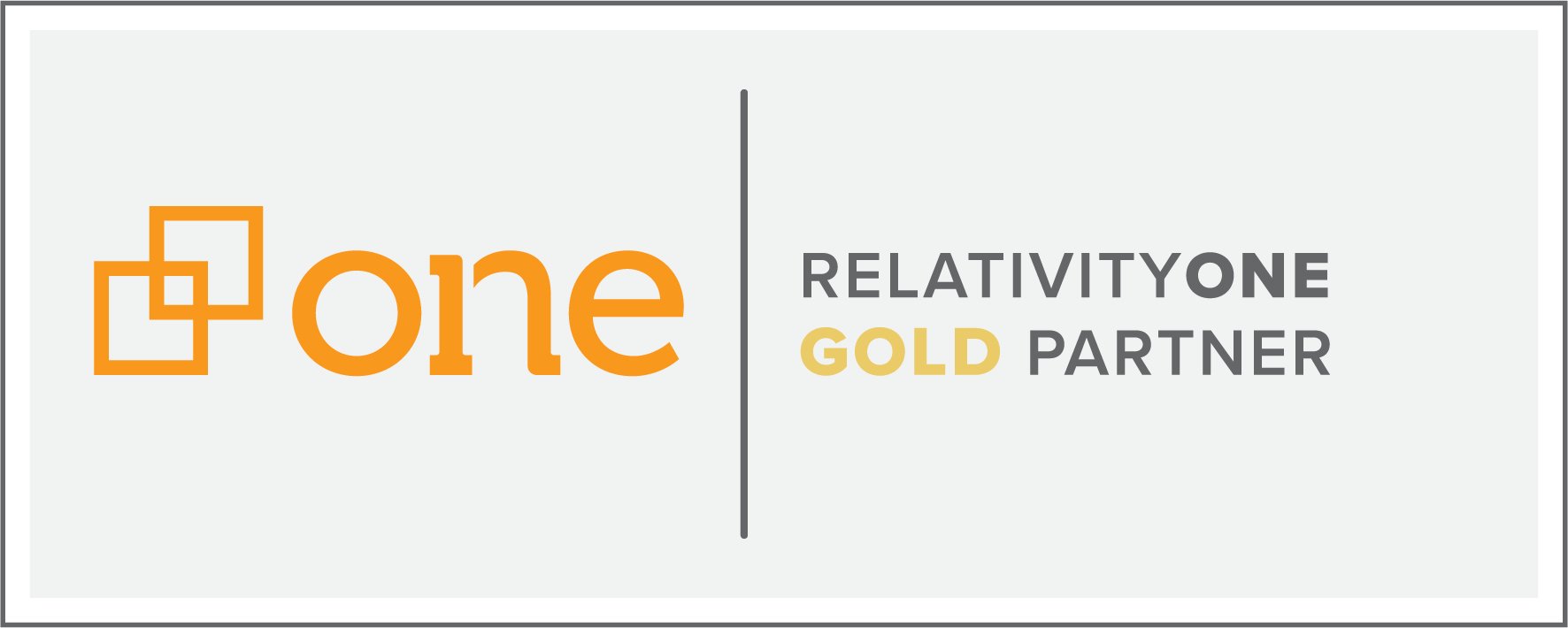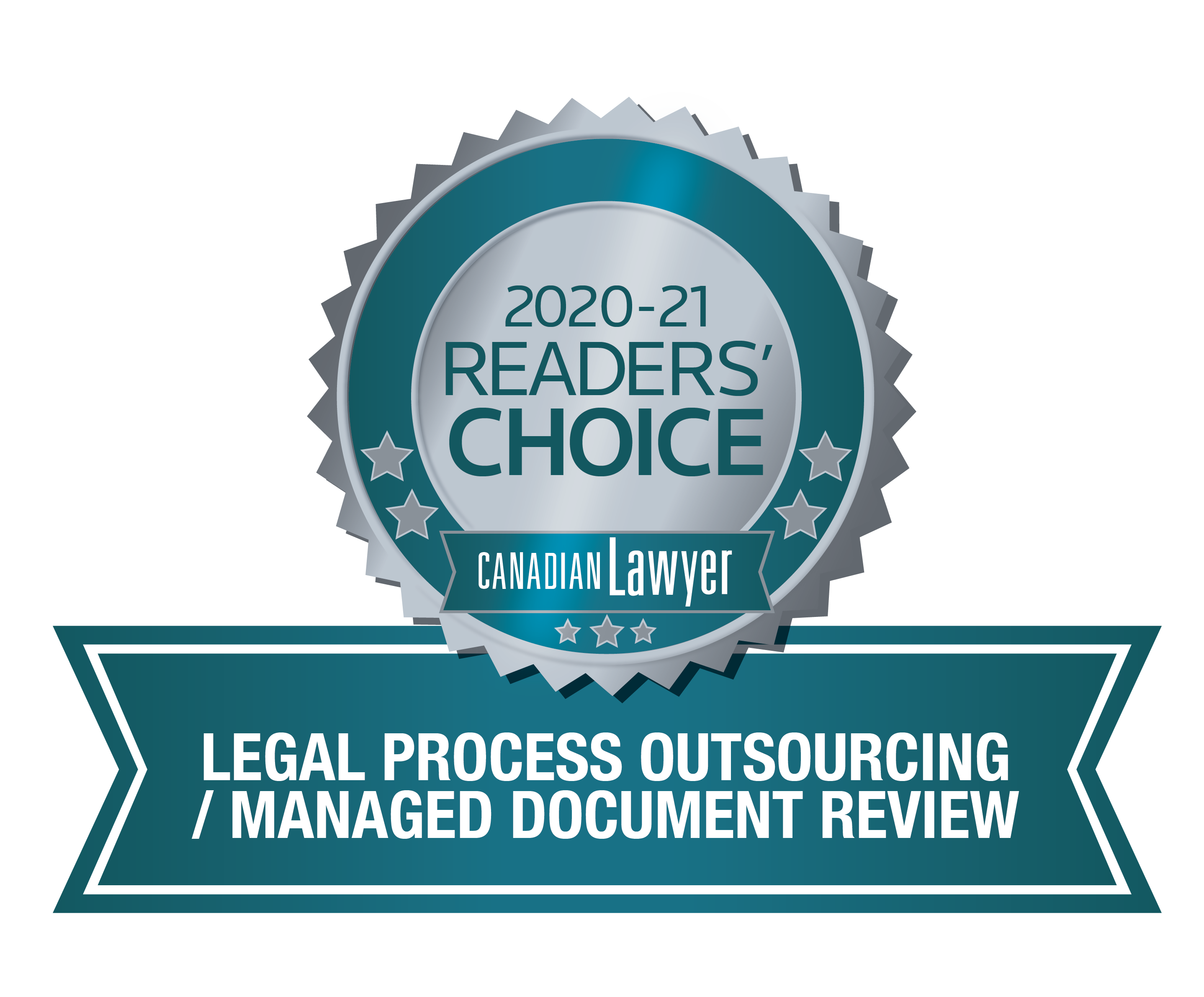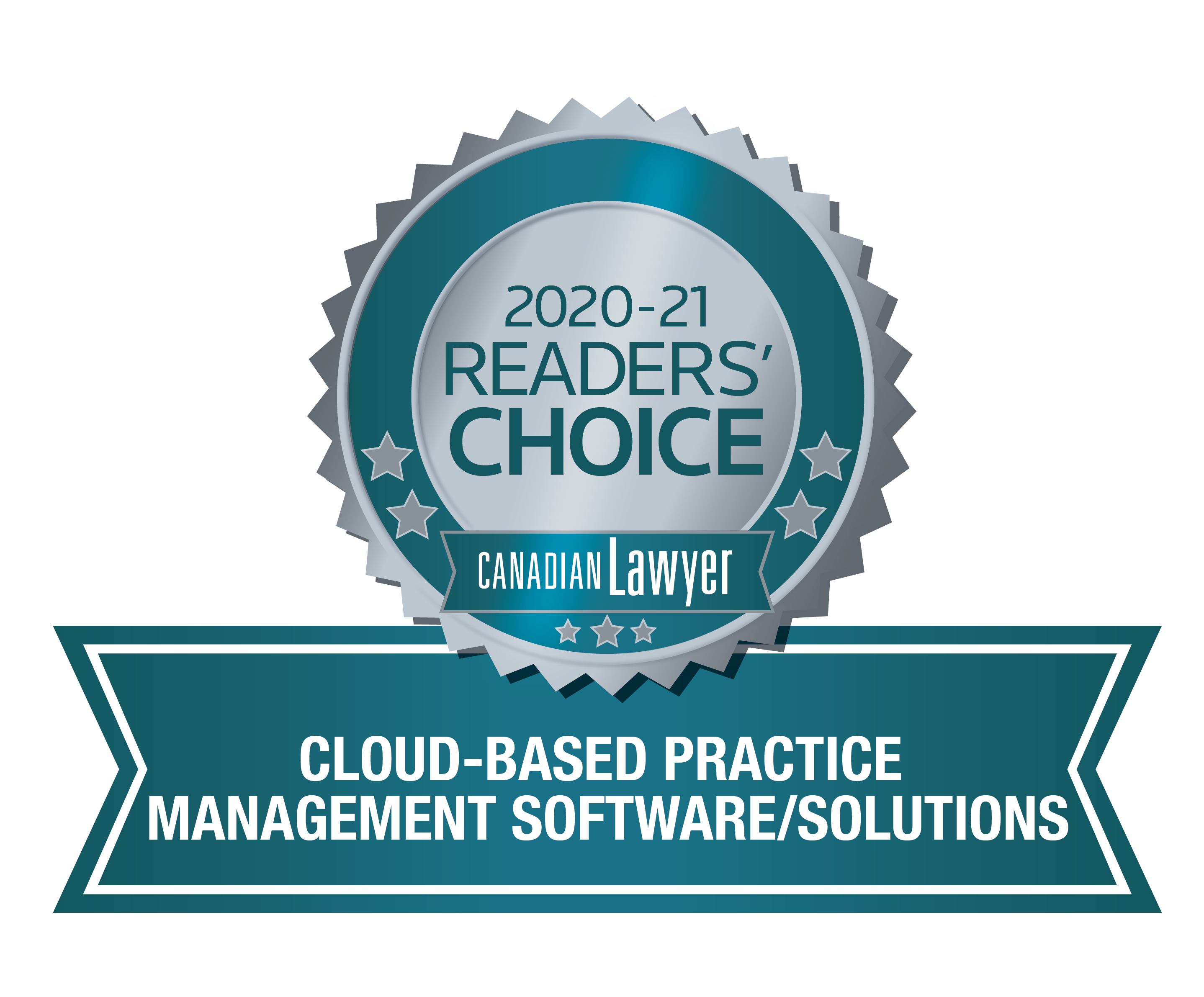A tidal wave of information growth is adding complexity, cost and risk for most organizations. Multiple analyst firms indicate that data is growing by more than 40% annually—and will likely continue doing so for the foreseeable future. In fact, one estimate indicates that 90% of the world’s data has been generated in just the past two years. Now, many analysts are wondering about the implications of this, including Ase Dragland of Sintef. “Internet-based companies are awash with data that can be grouped and utilized,” he noted. “Is this a good thing?”1
For years, organizations felt they could keep up with runaway data growth because of the sustained, dependable erosion of storage hardware costs. The dramatic reduction in the cost per gigabyte over more than three decades is undeniable: Hard drive storage cost $437,500 per gigabyte in 1980, but that figure fell to just $11 by 2000. And that’s not all: The average cost per gigabyte of hard drive storage fell to a miniscule 3 cents by 2014—a 67% drop over the same figure just four years earlier.2
Plummeting storage hardware prices, however, only tell part of the story. The huge growth in unstructured data, driven by trends such as mobility, social media and analytics has resulted in rising costs and complexity in data management. Backing up, archiving and restoring data in the event of an unexpected service interruption certainly puts more pressure on organizations to ensure data availability, especially in light of stricter compliance guidelines and more demanding data retention policies.
But for a variety of reasons, storing everything simply doesn’t work.
Why not? There are a number of significant risks to not having a well-thought-out strategy for information management that goes beyond simply storing everything. These include:
- Financial risk: The cost of storing and managing data goes up each year, as organizations juggle huge data storage increases with the need to sift through it for analytics and other use cases.
- Legal risk: Delays in producing information required in legal discovery can result in fines or other penalties. Even worse, failure to actually locate the data can mean the difference between winning and losing legal action.
- Security risk: Not knowing what data is stored where can result in serious security vulnerabilities, including being completely unaware of potential breaches.
- Productivity risk: Having too much information—or at least not having it well organized and easily accessible—can sap employees’ productivity. All too often, it is forcing them (and others, such as IT professionals) to spend needless time looking for information that could be hidden in any number of databases, devices, repositories or applications.
- Reputational risk: All of the above-mentioned risks can cascade into a flood of mistakes, false steps, security holes and financial costs that may aggregate and result in negative publicity for the organization.
Solving this problem is essential, and it is made even more challenging by the simple fact that 69% of stored information has no business, regulatory or legal value.3 Just because you have the ability to store all that data doesn’t mean you actually should take that approach. Organizations need an overarching information governance policy that establishes priorities, identifies risks, analyzes data relevance and balances all issues against corporate policies, compliance guidelines and financial budgets.
One possible solution is adopting an information governance platform that maps to essential business processes, allowing knowledge workers and IT organizations to make smarter decisions on what information to keep online, what to retain offline for as-needed access and what to discard completely. By treating different data uniquely, organizations can more easily and reliable ascertain the true business value of data.
Veritas’ Information Governance Suite offers organizations an efficient and strategic approach to managing fast-growing data volumes so information is available when and where it is needed, without requiring more capital expenditures for storage hardware or needing armies of storage administrators. The Veritas solution integrates best-of-breed products for storage management, backup, file classification and analysis, archiving and e-discovery into an enterprise-wide solution that provides real-time insight throughout the information governance lifecycle.
1“Big Data, For Better or Worse,” Sintef, May 2013
2“Average Cost of Hard Drive Storage,” Statistic Brain Research Institute, November 2014
3“You Can’t Keep All Your Data Forever,” Forbes.com, July 2012
To learn more about Information Governance check out the Veritas website.
 Don't miss Wednesday's live webinar in collaboration with Veritas
Don't miss Wednesday's live webinar in collaboration with Veritas
Information Strategies Designed to Maximize Investment and Drive Value
Wed, October 5, 2016 from 1:00 - 2:00pm ET
In a world where capital budgets are constrained, getting the most out of your technology investments is becoming top priority. Rather than simply trying to deal with the burden of data volume and complexity, organizations are shifting their focus toward uncovering business and strategic value from their information. The need to manage information storage and backup and resources continues to drive many business investments, but does not always provide the necessary return or insight to drive differentiation in a competitive marketplace.
Join us for this informative webinar presented by Veritas and Commonwealth Legal, and uncover three key strategies for leveraging the value of your organization’s data to drive business differentiation, maximize your investments, manage cost and mitigate risk.
Speakers:
- Chris Stapenhurst, National Strategist, IG, Veritas
- Natasha Doucas, Director, Client Solutions, Commonwealth Legal (Moderator)


 Don't miss Wednesday's live webinar in collaboration with Veritas
Don't miss Wednesday's live webinar in collaboration with Veritas






